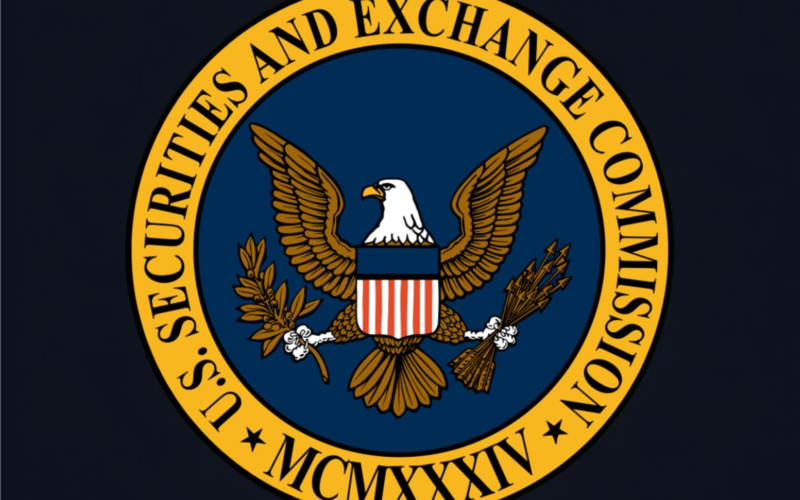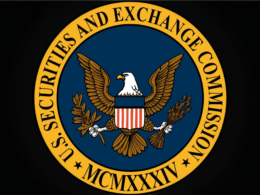The US Securities and Exchange Commission (SEC) has charged New York-based investment adviser WisdomTree Asset Management Inc. with making misleading statements and failing to comply with regulations regarding its investment strategy marketed as incorporating environmental, social, and governance (ESG) factors.
According to the SEC’s order, between March 2020 and November 2022, WisdomTree’s prospectuses for three ESG-marketed exchange-traded funds (ETFs) stated that the funds would avoid investing in companies associated with certain products or activities, including fossil fuels and tobacco.
However, the SEC found that the funds did invest in companies involved in these sectors, such as coal mining, natural gas extraction, and tobacco retail. The SEC noted that WisdomTree relied on third-party data that did not fully screen out companies involved in fossil fuel and tobacco-related activities. Additionally, the company lacked policies and procedures to ensure compliance with its stated investment exclusions.
“At a fundamental level, the federal securities laws enforce a straightforward proposition: investment advisers must do what they say and say what they do,” said Sanjay Wadhwa, Acting Director of the SEC’s Division of Enforcement. He added, “When investment advisers represent that they will follow particular investment criteria, whether that is investing in, or refraining from investing in, companies involved in certain activities, they have to adhere to that criteria and appropriately disclose any limitations or exceptions to such criteria. By contrast, the funds at issue in today’s enforcement action made precisely the types of investments that investors would not have expected them to based on WisdomTree’s disclosures.”
WisdomTree consented to the SEC’s order without admitting or denying the findings. The company agreed to a cease-and-desist order, censure, and a $4 million civil penalty for violating antifraud provisions of the Investment Advisers Act of 1940 and the Investment Company Act of 1940, as well as compliance regulations.
The SEC’s investigation was conducted by several team members from the Enforcement Division’s Asset Management Unit and New York Regional Office, following an examination by the Division of Examinations.





















